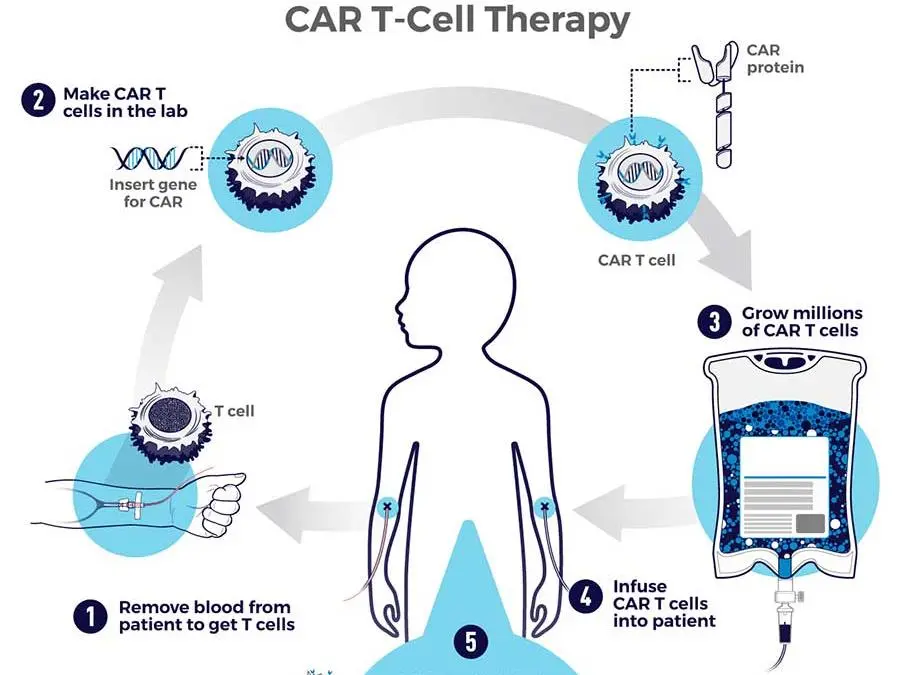Chimeric Antigen Receptor (CAR) Therapy
Chimeric Antigen Receptor (CAR) Therapy is an innovative immunotherapy that harnesses the power of the body's immune system to combat cancer. By genetically modifying T cells to express chimeric antigen receptors, this therapy enables the immune system to recognize and destroy cancer cells more effectively.
CAR Therapy involves isolating a patient’s T cells, genetically engineering them in a laboratory to express CARs that can specifically target cancer cells, and then reinfusing these modified cells back into the patient. The engineered T cells can detect and attack cancer cells, offering a powerful and personalized treatment option.
Key Components of Chimeric Antigen Receptor (CAR) Therapy
T Cell Collection and Genetic Engineering
The process starts with collecting T cells from the patient's blood. These T cells are then genetically modified to express chimeric antigen receptors, which combine the specificity of antibodies with the killing power of T cells, allowing them to recognize and bind to specific proteins on cancer cells.
Patient Preparation
- Conditioning Therapy: Before receiving the engineered T cells, patients undergo conditioning therapy, often involving chemotherapy, to reduce the existing immune cells and create a more favorable environment for the CAR-T cells to proliferate and act.
- Personalized Treatment: Each CAR therapy is uniquely tailored to the patient, ensuring that the modified T cells are specifically designed to target the individual’s cancer type.
Infusion of CAR-T Cells
The modified CAR-T cells are infused back into the patient's bloodstream. Once inside the body, these cells seek out and bind to cancer cells, initiating an immune response that targets and destroys the malignant cells.
Monitoring and Management
After the infusion, the patient is closely monitored for side effects, which may include cytokine release syndrome (CRS) and neurological symptoms. The healthcare team provides supportive care and medication to manage these effects and ensure patient safety.
Long-term Follow-up
Long-term follow-up is crucial to assess the therapy's effectiveness and monitor for any late-onset side effects. This process includes regular medical check-ups, imaging studies, and blood tests to evaluate the patient’s ongoing response to treatment.
Why Chimeric Antigen Receptor (CAR) Therapy is Revolutionary
- CAR Therapy represents a significant advancement in personalized cancer treatment, offering a new hope for patients with cancers that do not respond to conventional therapies.
- It provides a highly targeted approach, reducing the risk of damage to healthy cells and minimizing the severe side effects typically associated with traditional cancer treatments like chemotherapy and radiation.
- CAR-T cells have the potential to remain active in the body long after the initial treatment, providing ongoing protection against cancer recurrence, which can lead to long-term remission or possibly a cure.


.png)